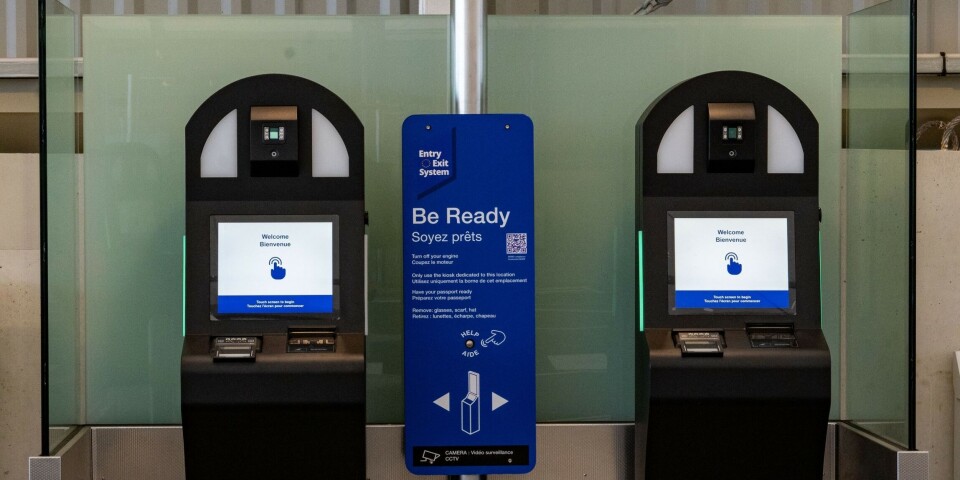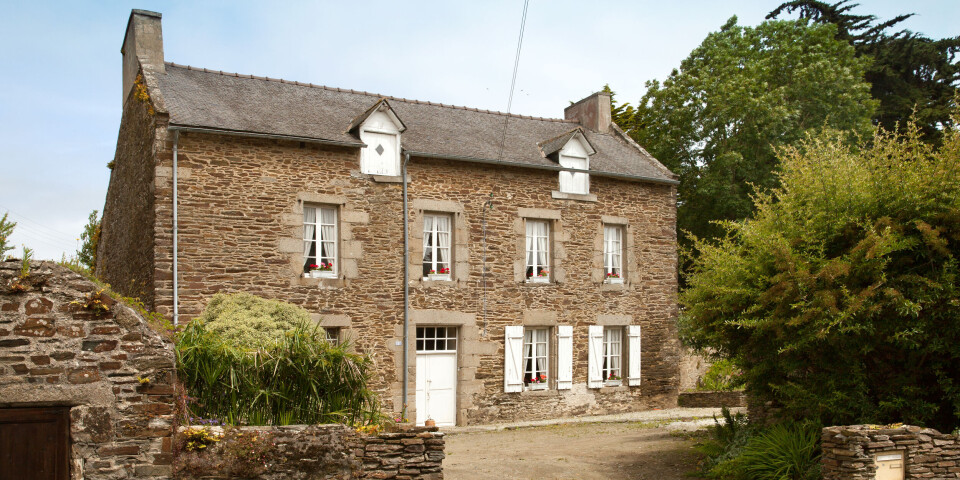-
Bread, bacon and beans: British food habits on trial in France
Columnist Samantha David carefully navigates a discussion with a taxi driver on a delicate subject: the French breakfast
-
France's new foreign income rules are making our lives complicated
Readers outline their struggles in getting French nationality
-
France's DPE energy rules may leave beautiful older homes worthless
Connexion reader's 500-year old home was rated F
Equity release in France - advice vital
Thank you for your piece on the unfortunate story of Penny Stevens ( Equity release loan: the rates did not work for me , The Connexion, February 2019).
This underlines some of the issues and confirms the need for expert advice, early.
The headline compounds the confusion. Her story concerns a loan (prêt hypothécaire) against the value of her property. The issue is the capital advanced has to be repaid.
When in retirement, repaying a loan may present considerable risk from the perspective of the finance house putting forward the capital ... this explains the size of the loan offered. Recourse to a notaire is obligatory, and costly.
For property-owners in France of advancing age, there are two different means available to raise capital.
One is the conventional mortgage approach which is often used to raise loan-capital for home improvements, like a swimming pool. The capital is offered by a bank for a temporary loan but pledged against the inherent value locked up in the property.
This operates in a similar way to a conventional “second mortgage”. This is not “equity release” because it is a real loan, on commercial terms. Your home is at risk for as long as the mortgage endures.
There is, though, another measure available but designed to “unlock” the capital value of one’s home, whether a chalet, villa or apartment.
This is the vente en viager (sale subject to life-interest).
It is a form of equity-release and involves the sale of the property, now to a special kind of buyer who pays a premium.
That is a high proportion of the actual capital value but can enable the householder to improve their quality of life or to pass on a proportion of the equity to their family, if that is their choice. The buyer must be patient, content with the rent (if payable) and knowledge that their newly-acquired property will become vacant in the future. In exchange, the owner remains in their home, having an interest-for-life.
This is peace of mind, certainty, funds to enjoy or to deploy, and without moving home.
This is a growing market simply because we’re all living longer. Some agents specialise in this market.
Here, there is no loan to repay and probably none of the market value of the home remains for the future.
Banks do not buy property subject to life-interests, in my experience, as this is not their main business.
Private individuals do, though, and may drive a hard bargain in exchange for paying out a significant capital sum for the title.
Alan Bird, Gingins, Switzerland
























